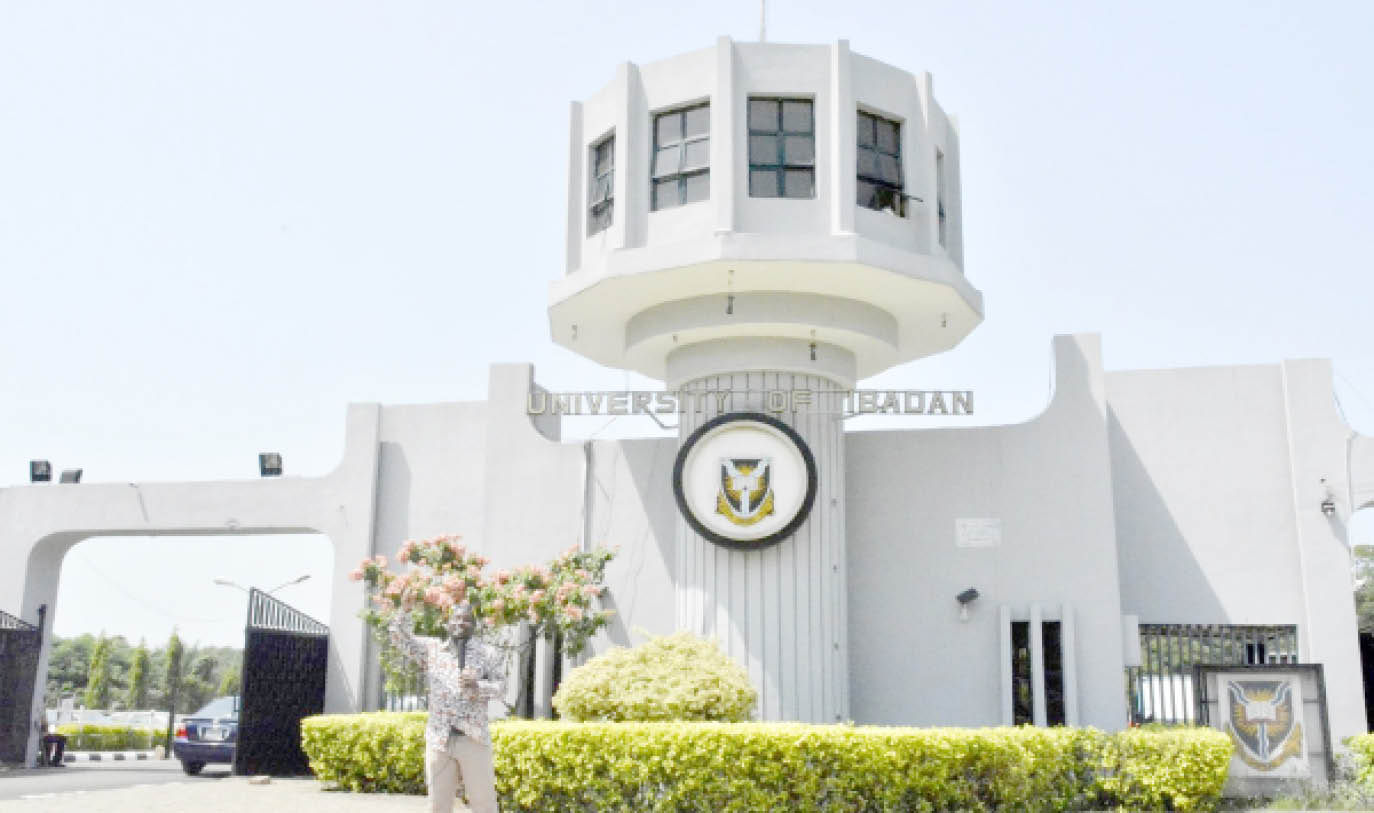The National Universities Commission (NUC), in collaboration of the League of Directors of Academic Planning, has released the 2021 ranking of various universities in Nigeria. The ranking system is to, among other things, determine the performance of universities in the country and identify areas where funds could be preferentially allocated and applied.
Among the 196 universities in the country, 113 were ranked. Academic directors from 91 institutions participated in drawing the formula for the ranking. To ensure fairness, the 12 parameters for the ranking were agreed upon by all the contributors after a series of preparatory workshops. Thereafter, an online platform for data entry was set up, while the data entered by accredited officials of each university were validated by teams of Directors of Academic Planning and cross-validated with records from the NUC.
The chief analyst and supervisory technical lead of the Nigerian University System Rankings, Professor Peter Okebukola, said the validation and cross-validation of data hiked the credibility of the process and plugged entries of rogue data. He said in the report that the data analysis and internal review of results by the League of Directors of Academic Planning led to the removal of bugs from the output. The revised results were then approved by the League of Directors of Academic Planning before they were approved by the vice chancellors and launched by the executive secretary of the NUC.
The ranking is the first between 2006 and 2018. The maiden ranking was released under the leadership of Professor Abubakar Adamu Rasheed as the executive secretary of the commission. The commission said the ranking was an important factor in stimulating quality.
The University of Ibadan was ranked first, followed by the Redeemer’s University. Covenant University, Ladoke Akintola University of Technology, Ogbomoso, Oyo State were ranked third and fourth respectively, while the Federal University of Technology, Akure, was ranked fifth. The rankings have generated mixed feelings among educationists.
Among the parameters used in the ranking is the ratio of students to teachers, whereby the number of fulltime equivalent (FTE) students in the university is divided by the number of fulltime teachers in the institution. Under this parameter, Legacy University came out top, while Spiritan University, Augustine University and Iginedion University were second, third and fourth respectively.
Also used in the ranking is female students’ enrolment, which was arrived at by dividing the number of female FTE students by the total fulltime equivalent. The universities ranked top five in this parameter are PAMO University of Medical Sciences, Achievers University, Lead City University, Bayelsa Medical University, Yenagoa and Ondo State University of Medical Sciences.
While using the parameter of full professors, federal universities were top. Usmanu Danfodiyo University, Sokoto, Obafemi Awolowo University, University of Ibadan, the Federal University of Technology Akure and the Federal University of Agriculture, Abeokuta occupied the top five positions with a higher percentage after the total number of professors in the universities were divided by the total number of fulltime academic staff.
Among indicators used in the ranking is the number of international staff. The commission said this indicator helped in understanding how well the university is able to attract and retain expatriate staff, adding that it was computed by dividing the number of non-Nigerian teaching staff by the total number of academic staff in the university. Skyline University was ranked highest in Nigeria, with 69.23 per cent, while the American University of Nigeria has 20.00, followed by the Nile University of Nigeria, with 12.11 per cent. Also, the proportion of students in the university, who are non-Nigerians, was considered with the Nile University of Nigeria, having the highest number of international students.
The ranking showed that 25 universities have 100 per cent accreditation, including Adeleke University, Al-Qalam University and Caleb University. Others are Chrisland University, Crescent University and Federal University, Lokoja. The percentage of programmes with full accreditation is measured by dividing the number of academic programmes of the university with full accreditation status by the total number of programmes offered by the university.
Other parameters used in the ranking are student completion rate, all citations per capita measured of average scholarly citations for the university as indexed in Google Scholar, Per Google Scholar Presence and ranking by Knowledge Economy.
A professor of Education Curriculum and Instructions at the University of Abuja, Emmanuel Ndam Danladi, said the ranking gave a competitive environment for universities.
He said, “It is an academic environment; research and development are linked. There is a correlation between research and development, so, if you are able to do research and come up with new ideas, it can help to solve our societal problems that give you an edge over others. The outcome of your research would bring development, not only to you as a person but also to the country and university. So having this competitive environment for university in the ranking situation encourages institutions to go into more research.”
He said the impact of universities should be felt in the areas of teaching, research and community service, adding that the rankings will attract international collaborations and open the stage for different universities to compete, thereby bringing about science and technological development in areas that Nigeria is deficient.
He commended the commission for the ranking, but urged a five-year duration to coincide with the accreditation of courses, adding that the parameters have to be uniform because universities have autonomy.
Dr Mohammed Yaro of the University of Ilorin said the rankings reflect level of productivity, value addition to research and teaching. He added that it would keep universities on their toes and encourage them to conduct problem-solving researches.
“Any university ranked high will get the attention of the world while those in the lower rung of the ladder will be challenged to work harder. I don’t think it is political because there are standards; and it instills competition at the end of the day, which improves the quality of education,” he said.
Another don from the University of Ilorin, Prof Gafar Ijaya, said the ranking was supposed to be a quality assurance mechanism to get the universities on their toes in terms of effectiveness and academic deliveries.
He said the ranking would be more effective when universities are well funded. “Our universities are underfunded and not doing well. The Academic Staff Union of Universities (ASUU) is hinting at another strike. What are we ranking? We know how bad the situation is with the worsening learning environment, infrastructures and welfare.
“Sometimes I see it as just cosmetics by the NUC to try to justify that they are working. The University of Ibadan was ranked first and has been up there for some time now, in terms of the ranking, but go there and see what is on ground. How much has the government pumped in to improve what they have and to assist those ranked lower?” he said.

 Join Daily Trust WhatsApp Community For Quick Access To News and Happenings Around You.
Join Daily Trust WhatsApp Community For Quick Access To News and Happenings Around You.
